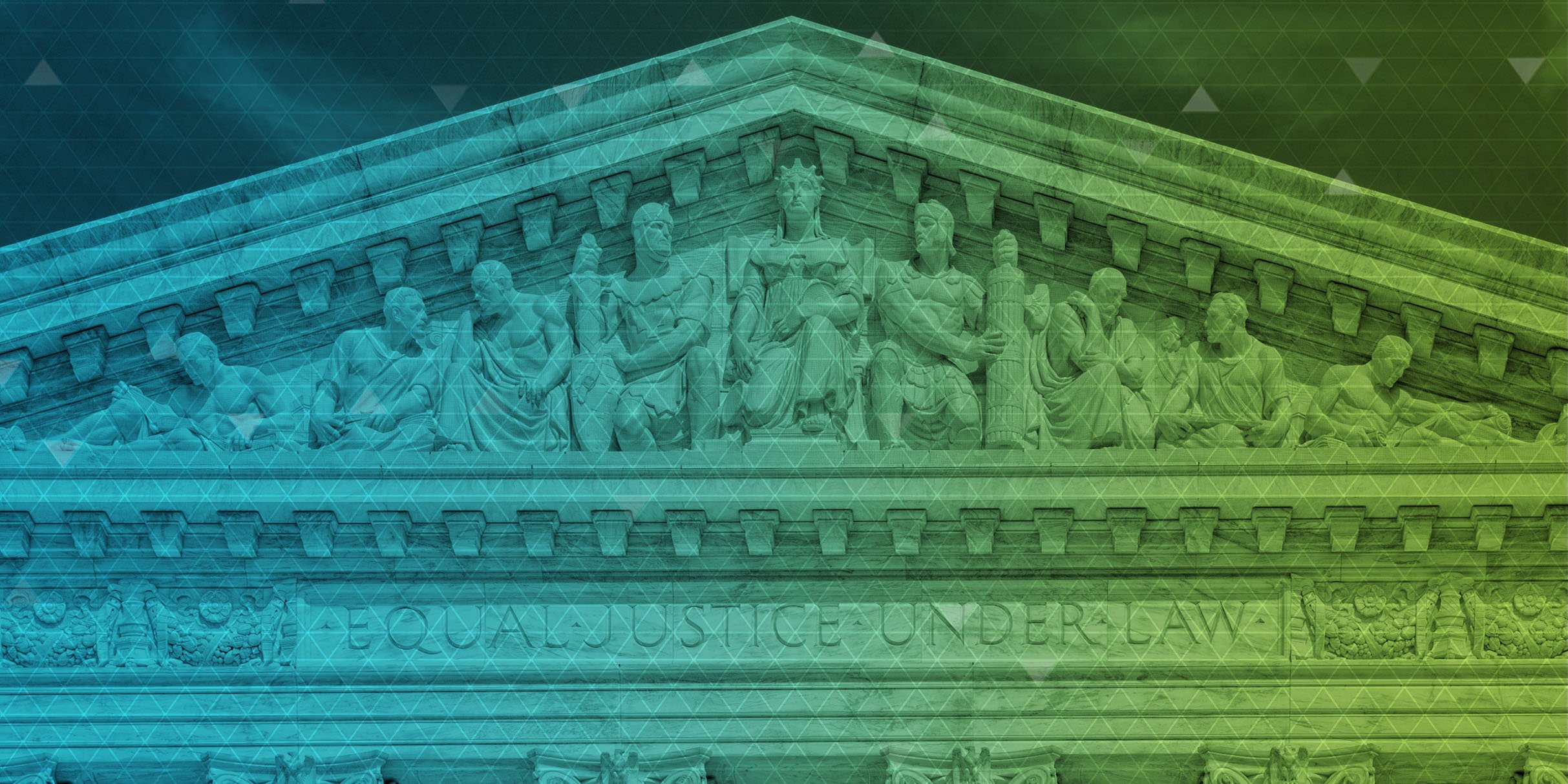Energy Procurement | May 21, 2021
Building Energy Reporting and Disclosure Ordinance
To cut down carbon emissions in Boston’s buildings and transit networks, Boston has begun taking priority steps by producing a “Climate Action Plan”. The plan has laid out several initiatives which the city expects to accomplish in the coming years. To cut down carbon emissions in Boston’s buildings and transit networks, Boston has begun taking priority steps by producing a “Climate Action Plan”. The plan has laid out several initiatives which the city expects to accomplish in the coming years.
“Implementing this plan is a major undertaking, and it’s one of the most important challenges we’ll face as a city,” Mayor Marty Walsh wrote in the report. “It will require courageous solutions and creative teamwork. We must make our buildings and our transportation systems much more energy efficient. We must invest in clean energy and job training. We must rise to the occasion because our city’s future depends on it.”
One of these initiatives is the Building Energy Reporting and Disclosure Ordinance (BERDO), which aims to help Boston achieve its goal to become carbon neutral by 2050.
The initiative makes building owners, tenants, and other stakeholders more aware of their energy usage and greenhouse gas emissions and opportunities to reduce both and is expected to significantly reduce greenhouse gas emissions that contribute to climate change.
Through the city-wide ordinance, all medium-large Boston buildings are now required to report their annual energy and water use and undergo an energy assessment. Buildings covered must also show concerted efforts to reduce their emissions every five years through energy actions or audits by submitting an energy action plan that explains in detail how they will reduce their overall consumption by 15% every 5 years.
The city of Boston makes the information collected available publicly on boston.gov and releases their annual report of buildings’ first-year analysis and findings. Their report identifies energy use patterns across building types and sectors. The Most recent version is the Energy and Water Use in Boston’s Large buildings.
BERDO is meant to help spur action in Boston’s largest buildings, helping them to lower their greenhouse gas emissions, save money on their energy bills, and assist the City in meeting its Carbon Free by 2050 climate goal.
“I believe that we will be successful because Bostonians are known for pursuing what is right and just even in the face of adversity,” Walsh wrote of the plan. “We know what’s at stake if we do not act with urgency.”
Mantis Innovation offers many solutions that help businesses meet BERDO’s requirements. Our technical sales engineers work with business owners, property managers, or other stakeholders and help them understand and navigate the process.
Our vendors are able to apply for incentives on a business’ behalf and help identify financing opportunities available for each project and where it may be possible to obtain incentives, which may cover up to 80% of the project cost.
If you have questions about the Building Energy Reporting and Disclosure Ordinance or the solutions offered, please contact Mantis Innovation.
Related Posts
Discover more content and insights from Mantis Innovation

Navigating Energy Procurement: Strategies to Manage Risk
When procuring energy for your commercial business, it can be difficult to weigh the risks associated with buying strategies. How do you know your procurement strategy is the right one? How

PJM Capacity Auction Results: A Surge in Prices and Its Implications
PJM recently released the capacity auction results at the end of July for the period of June 2025 through May 2026, and the outcomes have been much higher than most anticipated. This surge in prices

The Fall of The Chevron Deference – What Does it All Mean?
The Chevron Deference is a legal principle derived from a 1984 Supreme Court case, Chevron U.S.A., Inc. v. Natural Resources Defense Council, Inc. It states that when a law is unclear or ambiguous,

Understanding Peak Demand Notifications and How They Can Benefit Your Business
In the world of energy management, peak demand periods represent a critical time when the electricity grid is under the most stress, typically during extreme weather conditions like heat waves or
